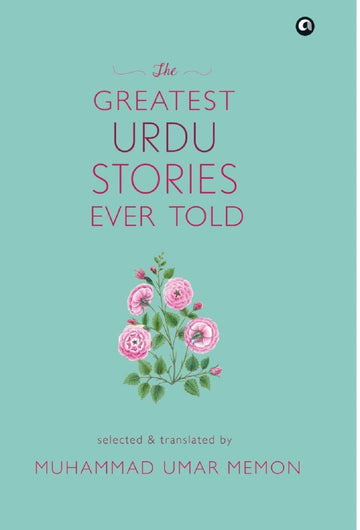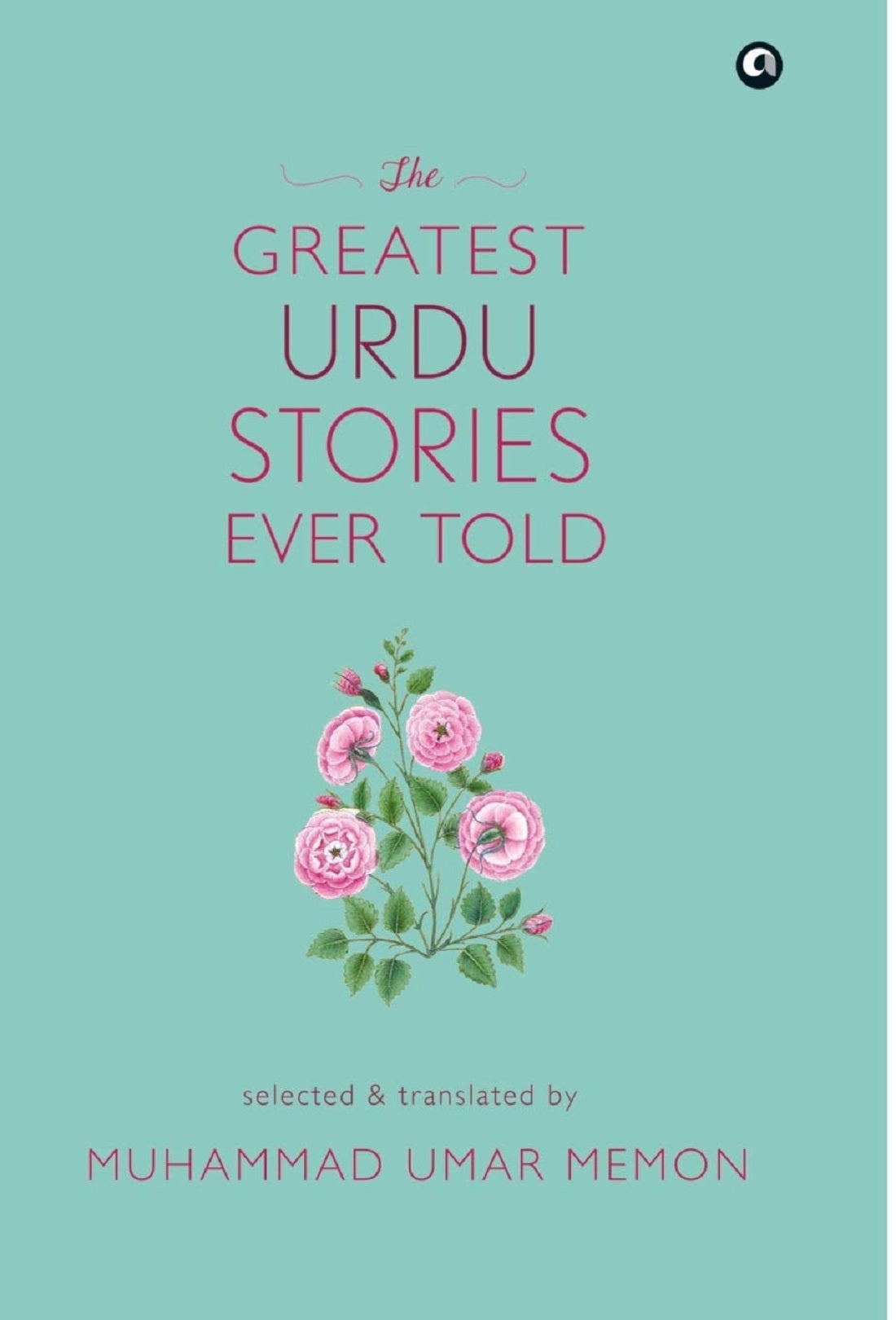THE GREATEST URDU STORIES EVER TOLD
| Author | Muhammad Umar Memon |
| Language | English |
| Publisher | Rupa Publications |
| Pages | 372 |
| ISBN | 978-9383064076 |
| Book Type | Hardbound |
| Item Weight | 0.612 kg |
| Dimensions | 21.6*X14*X2.2* |

THE GREATEST URDU STORIES EVER TOLD
Selected and translated by writer, editor and translator par excellence Muhammad Umar Memon, the twenty-five stories in this book represent the finest short fiction in Urdu literature.In his Introduction, Memon traces the evolution of the Urdu short story from its origins in the work of writers like Munshi Premchand—‘the first professional short story writer in Urdu’—through the emergence of the Progressivesin the late 1930s, whose writings were unabashedly political and underpinned their Marxist ideologies, to the post-Independence ‘Modernist’ era, and today’s generation of avant-garde, experimental writers of Urdu fiction.Every story in the anthology illustrates one or the other facet of the form in the Urdu literary tradition. But even more than for their formal technique and inventiveness, these stories have been included because of their power and impact on the reader. Death and poverty face off in Premchand’s masterpiece ‘The Shroud’. In Khalida Asghar’s ‘The Wagon’, a mysterious redness begins to cloak the sunset in a village by the Ravi. Behind closed doors and cracks in the windows lies desire but also ‘a sense of queer foreboding’ in Naiyer Masud’s ‘Obscure Domains of Fear and Desire'. The tragedy and horror of Partition are brought to life by Saadat Hasan Manto’s lunatic (in ‘Toba Tek Singh’) and the eponymous heroine of Rajinder Singh Bedi’s ‘Laajwanti’. Despairing, violent, passionate, humorous, ironic and profound—the fiction in The Greatest Urdu Stories Ever Told will imprint itself indelibly on your mind.
- Sabr– Your order is usually dispatched within 24 hours of placing the order.
- Raftaar– We offer express delivery, typically arriving in 2-5 days. Please keep your phone reachable.
- Sukoon– Easy returns and replacements within 7 days.
- Dastoor– COD and shipping charges may apply to certain items.
Use code FIRSTORDER to get 10% off your first order.
Use code REKHTA10 to get a discount of 10% on your next Order.
You can also Earn up to 20% Cashback with POP Coins and redeem it in your future orders.








